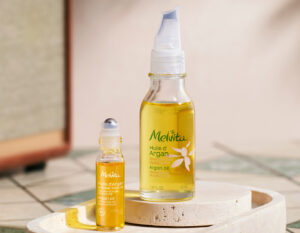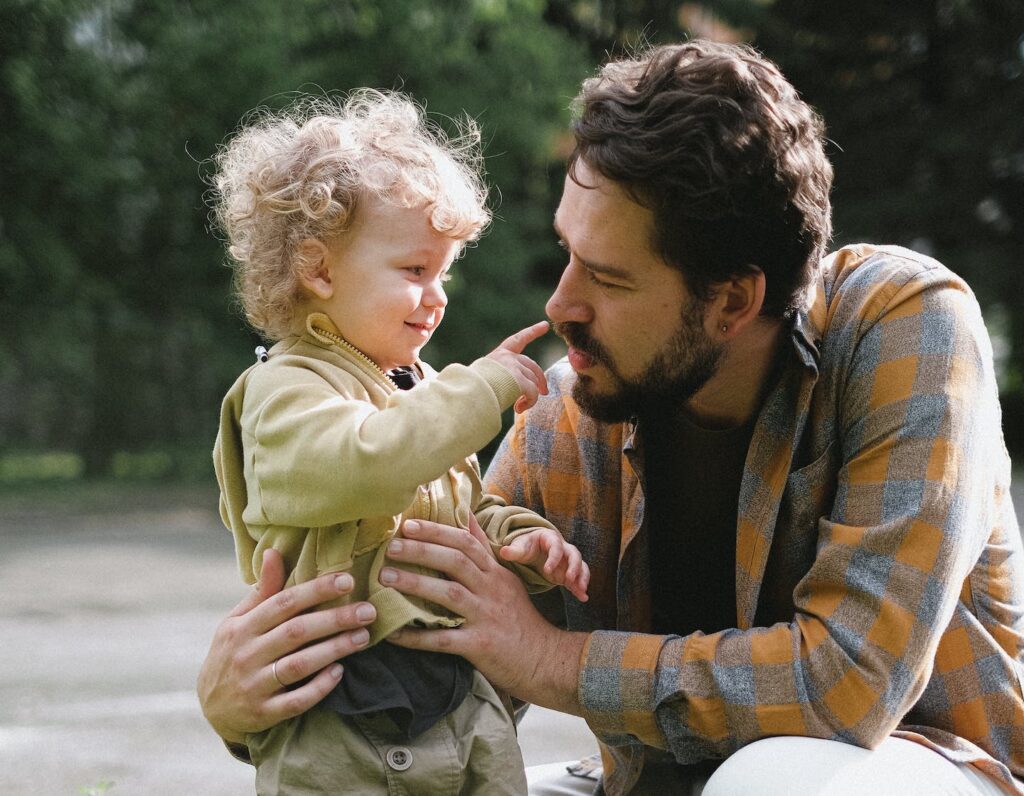
 Post Category - ParentingParenting
Post Category - ParentingParentingThe one little phrase that helps empower your kids and keeps them safe and secure.
As parents, all we want to do is keep our children safe. Of course, we’d also like them to grow up happy, with a childhood full of fun, laughter and love too! The comfort of knowing that your family is a safe and secure place, both physically and emotionally can’t be underestimated. We can’t be there to protect our kids 24/7, so it is essential that we teach them the skills to navigate tricky situations.
We are so fortunate that Hong Kong is such a safe city. Not to say that nothing bad ever happens here, but it’s often more stressful watching kids cross the road than keeping an eye on them at the playground. You’ve probably already had your child memorise your phone number in case they get lost. Maybe you’ve had them identify safe adults in various locations, for example, pointing out the uniformed staff members in a shopping mall or theme park. Having a family safe word, or a code word, is an extra tool you can add to this list. It can help them feel secure day to day, but it could also help keep them safe from potentially abusive situations.
Read More: How To Recognise And Prevent Child Sexual Abuse
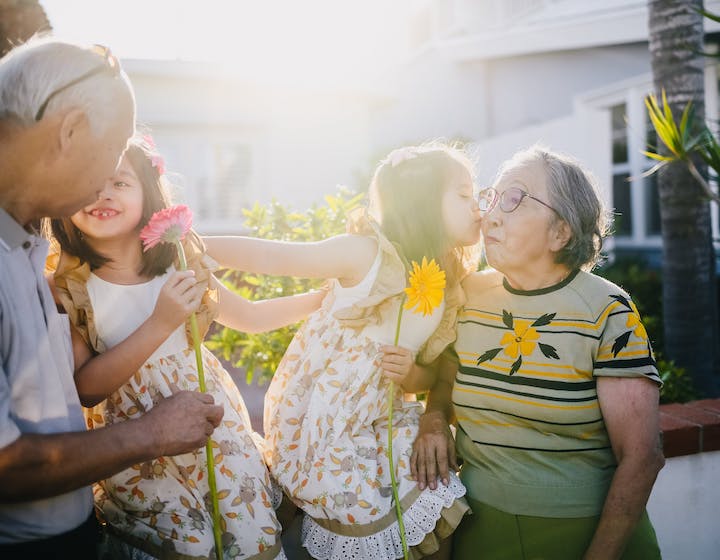
What Are Safety Words?
For kids, safety words can be a powerful tool in fostering a sense of security and empowerment. In a nutshell, parents and caregivers can teach children to use a special family code word as a discreet means of communication. Then, in situations that make them feel uncomfortable, they can quickly let their safe adults know that they need help. It should be a simple, easily remembered phrase that is shared only with trusted adults. After all, our children are just that, children. It’s not up to them to protect themselves, that’s our job as parents.
Read More: Beyond “Beautiful” — Practical Ways To Start A Meaningful Conversation About Body Image

How To Use Safety Words With Young Kids
For young kids, safety words can be used in two main ways. The first is as a way to combat stranger danger. Thanks to our amazing domestic helpers, it would take a pretty unusual scenario for your kids to be picked up from school by someone they didn’t know. But let’s say someone approaches your child in the playground and says they are a friend of their Mum and Dad and the child should go with them. Your child can ask if they know the code word as an easy security check.
Day to day, a safety word can be used, if a child finds themselves in a situation where they feel uneasy or threatened. This may include scenarios like playdates, outings, or even at school. They can use the safety word to discreetly communicate their discomfort without drawing attention. This allows caregivers to intervene or provide support without causing unnecessary alarm. It could be a bullying situation, unwanted peer pressure or something else entirely.
It is also useful when travelling. The downside of the relative safety of Hong Kong is that our kids can sometimes be a little naive when it comes to personal safety. That big extended trip overseas can be confusing for kids who might only see their extended family a few times a year or less. Having a family code could help your kids feel a little more comfortable. Perhaps your kid doesn’t want to hug Great Aunt Mabel but doesn’t want to be rude. Or maybe, they’re not used to the way their cousins play. The safe word could be a way to get your attention and communicate their feelings without causing a fuss or offence.
Read More: Child Psychologists, Counsellors And Therapists For Children In Hong Kong

Teaching Your Tweens And Teens To Use Safety Words
The teenage years come with their own set of challenges! Safety remains a top priority for both parents and teens, but they do need increased independence and social exploration.
Just as kids could use the code word to get your attention in person, this comes in particularly handy when your kids start attending parties or social gatherings solo. A prearranged word with trusted friends or family members can serve as a subtle signal for when a situation becomes uncomfortable or unsafe and they want to leave. For example, if a teen feels uneasy about a particular scenario, maybe something involving alcohol, drugs or anything that pushes their comfort boundaries. They can simply text or communicate the safety word, prompting a supportive response or intervention.
Another popular approach is the X-Plan. Essentially, if your child is out and about they can text a simple “x” to any family member. Immediately, that family member will respond with a family emergency that requires them home immediately. The key to a successful X-Plan is allowing your teen to save face in front of their peers and being their safe place free of any repercussions (yes, even if they’ve gotten into mischief that you don’t approve of!).
Empowering teens in this way fosters a sense of agency and security, promoting responsible decision-making as they navigate the complex landscape of adolescence. It can also set them up for conversations around enthusiastic consent once they are ready.
Read More: 10 Practical Tips To Improve Your Mental Health
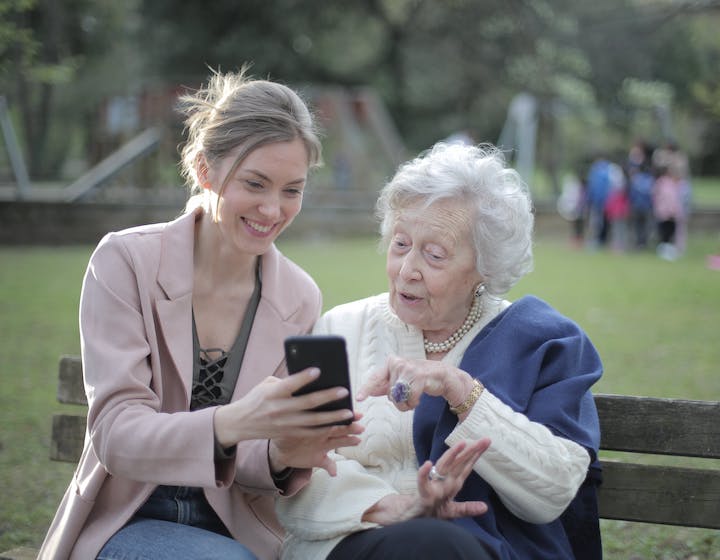
Family Code Words To Avoid Scammers
You might think that safe words are just for your kids, but they could come in handy for you, or even your parents. There are new scams going around all the time. Some are relatively simple, but others are far more complex. Did you know that AI can mimic the voices of your family members? Technology really is terrifying sometimes! How often do you answer the phone only to find a bot on the other end? Unfortunately, that’s all it takes to collect a voice sample these days.
Then there’s the “Hi Mum” scam. Essentially, the scammer contacts you on WhatsApp and says something along the lines of “Hi Mum, I’ve lost my phone/ run out of battery/ run out of credit/ insert other excuses for contacting from an unknown number”. They then go on to ask for a sum of money to be transferred with urgency.
Whether it’s an AI call or a WhatsApp claiming to be a loved one, in both situations the identity could be verified with a family code word.
Read More: Mental Health For Kids — How To Start The Conversation
How To Pick A Family Code Word
Before you choose a safety word there are a few things you’ll need to consider.
- What will your child remember? Especially important if they are still quite young.
- Are they mature enough to ONLY use it in an emergency?
- Like a password, you’ll need to change the safety word if it gets used.
You’ll need to make it something common enough that it won’t raise suspicion, but unique enough that it will be immediately recognised and not mistaken.
For example, it could be “pepperoni pizza” when you know that it’s their least favourite. It wouldn’t arouse suspicion in anyone but you.
How does it work in practice? Imagine your child approaches at a family gathering and says, “Hey mum, I’d really like pepperoni pizza for dinner tonight.” Completely normal and reasonable to anyone listening, but an instant red flag for you. Amongst teens at a party, “Hey Jane, should we order pizza? I’m craving pepperoni right now.”
The most important thing to keep in mind is that for safety words to work it’s crucial to create an environment where your children feel they can use them without fear of punishment. Regular conversations about personal safety, open communication, and building trust are essential. With safety words in their vocabulary, kids have an added layer of protection, promoting a sense of confidence and assurance as they navigate the world.
Read More: Raising Girls Who #BreakTheBias In Hong Kong
 View All
View All




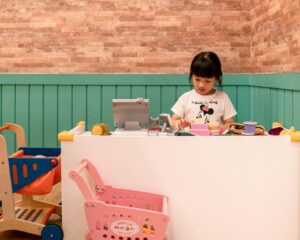



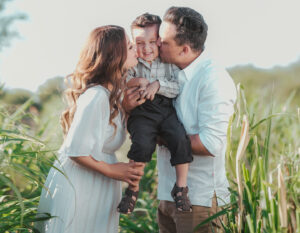
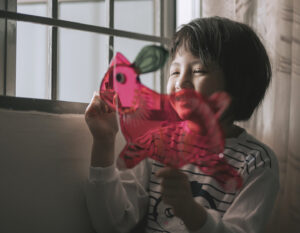
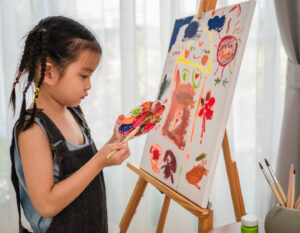
 View All
View All





 View All
View All
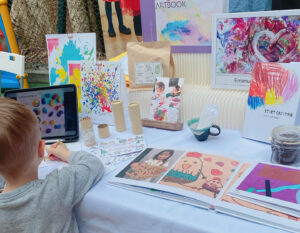
 View All
View All



